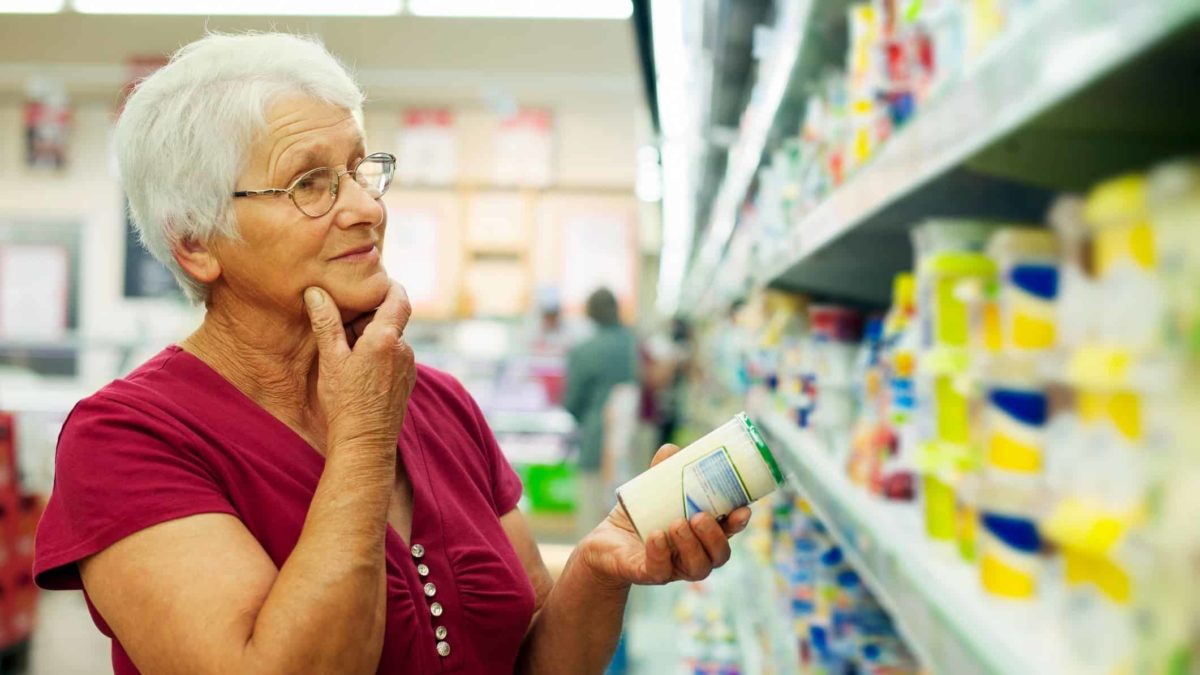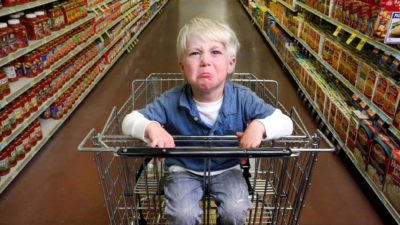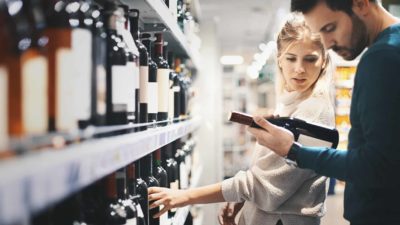The Coles Group Ltd (ASX: COL) share price had another financial year of ups and downs in FY22.
As one of Australia's largest supermarket businesses, investors may not expect that much volatility from the business. But the start of this decade has been momentous with a global pandemic and now elevated inflation.
Coles Group is the name behind a few different businesses including Coles supermarkets, national liquor brands Liquorland, Vintage Cellars, First Choice Liquor and First Choice Liquor Market, the service station business Coles Express and Coles Financial Services (which offers insurance, credit cards and personal loans).
There were three distinctive periods of FY22, so let's look at each of them.
Lockdowns
The first half of FY22 saw Australia's two biggest cities – Sydney and Melbourne – in lockdown. As we saw during the end of FY20 and FY21, lockdowns meant that more people were buying more of their food from supermarkets, so Coles benefited.
In the first several weeks of FY22, the Coles share price climbed more than 8%.
When the company released its FY21 result, it noted that in FY22 it would be cycling against the strong sales seen in FY21. In the first seven weeks of FY22, supermarket sales were up approximately 1% year on year and up 12% over two years.
Liquor sales in those first seven weeks were flat year on year, but up 19% over two years.
For Coles Express, fuel volumes were impacted by lockdowns.
The company said that 'smarter selling' benefits were expected to be more than $200 million.
Omicron and normalising sales
Lockdowns ended in Sydney and Melbourne as vaccination rates rose and restrictions weren't introduced for the Omicron variant. By mid-January, the Coles share price had fallen more than 13% from the August 2021 high.
In the FY22 first half, for the 27 weeks to 2 January 2022, sales went up 1% to $20.6 billion and net profit after tax (NPAT) fell 2% to $549 million. It said that it was impacted by higher COVID-19 disruption costs, a hit to Coles Express earnings due to travel restrictions, and transformation project costs.
The company said that smarter selling benefits achieved in the first half were more than $100 million. It also said it's on track to deliver over $200 of benefits in FY22.
While supermarket sales were elevated in the early part of January because of shoppers stocking up amid the Omicron surge, sales "moderated" later in the month.
Inflation bites
The last few months have seen inflation jump significantly. The Coles share price rose around 10% to the end of FY22.
In the third quarter of FY22, total sales rose by 3.9% to $9.3 billion.
Coles said that cost price inflation is impacting suppliers as a result of "increased raw material, commodity, shopping and fuel costs."
It noted that inflation steadily increased throughout the third quarter, with total supermarket price inflation of 3.3%.
In a trading update talking about the fourth quarter, Coles said it had recorded a solid trading period with no restrictions on traditional family events such as Easter. It said that COVID-19 costs are expected to continue to moderate further.
However, supplier input cost inflation is expected to continue "in the further quarter and into FY23".
Coles share price snapshot
At the time of writing, the Coles share price has risen by around 7% over the last month.









